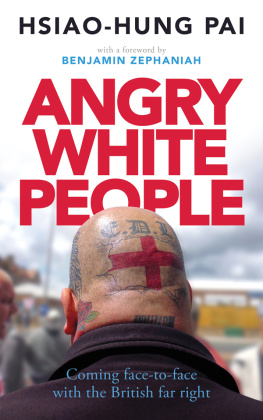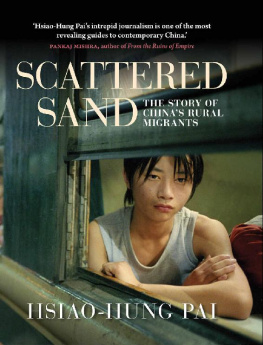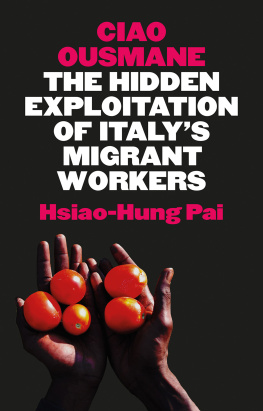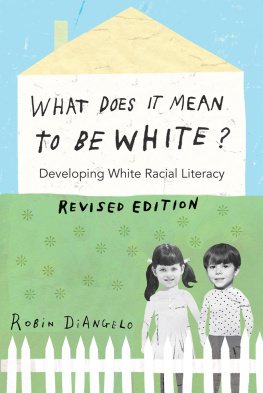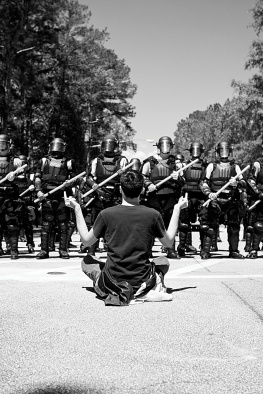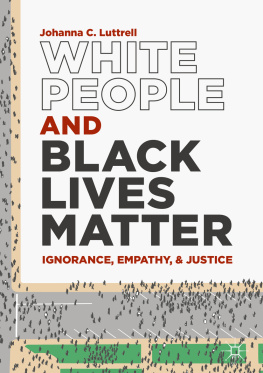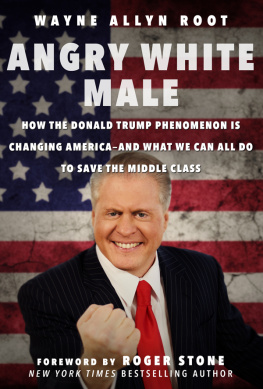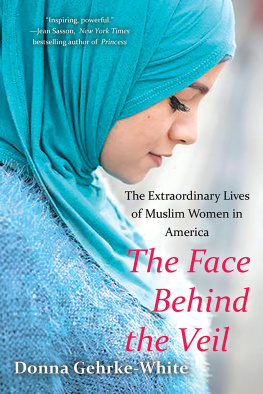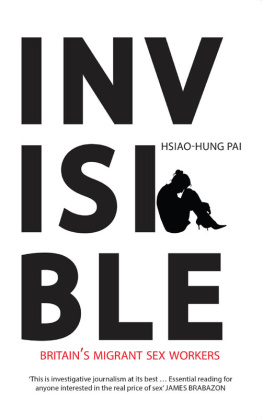
ANGRY
WHITE
PEOPLE
Hsiao-Hung Pai is a writer best known for her books Chinese Whispers: The True Story behind Britains Hidden Army of Labour , which was shortlisted for the 2009 Orwell Prize, and Scattered Sand: The Story of Chinas Rural Migrants , which won the Bread and Roses Award in 2013. Pais third book, Invisible: Britains Migrant Sex Workers , was published in 2013. As part of her research for the book, Pai worked undercover as a maid in brothels all over the country. Pais first work of fiction, Hidden Army of Labour , was published in the Chinese language in Taiwan and China.
Pai has lived in the UK since 1991. She is a contributor to the Guardian and many UK-Chinese publications.
ANGRY
WHITE
PEOPLE
COMING FACE-TO-FACE
WITH THE BRITISH
FAR RIGHT
HSIAO-HUNG PAI

Angry White People: Coming face-to-face with the British far right
was first published in 2016 by Zed Books Ltd,
The Foundry, 17 Oval Way, London SE11 5RR, UK.
www.zedbooks.co.uk
Copyright Hsiao-Hung Pai 2016
Foreword copyright Benjamin Zephaniah 2016
The right of Hsiao-Hung Pai to be identified as the author
of this work has been asserted by her in accordance with
the Copyright, Designs and Patents Act, 1988.
Typeset in ITC Galliard Std by seagulls.net
Index:
Cover design: www.alice-marwick.co.uk
All rights reserved. No part of this publication may be reproduced,
stored in a retrieval system or transmitted in any form or by any
means, electronic, mechanical, photocopying or otherwise,
without the prior permission of Zed Books Ltd.
A catalogue record for this book is available from the British Library.
ISBN 978-1-78360-827-0 hb
ISBN 978-1-78360-692-4 pb
ISBN 978-1-78360-693-1 pdf
ISBN 978-1-78360-694-8 epub
ISBN 978-1-78360-695-5 mobi
CONTENTS
ACKNOWLEDGEMENTS
The research of the past two years would not have been possible without the very kind sponsorship of (Sir) David Tang, whom I met when fundraising for the families of Morecambe Bay victims. David was the major donor then, and years later he offered me the financial help I needed to conduct the research for this book. He did so because he firmly believes in fighting racism. I cannot thank him enough, and only hope that he thinks the result of his sponsorship deserves it.
Many, many thanks to Benjamin Zephaniah, poet and writer and a committed anti-racist campaigner, who so kindly wrote the foreword for this book.
Big thanks also go to Anna Holmwood, who was so enthusiastic and kindly spent time editing the manuscript before I submitted it to the publisher. She was my only test reader and her help was most valuable.
Many thanks to Joseph Choonara ( Socialist Review ) for introducing me to Zed Books, for which Im so grateful. His comradely support was and is much needed.
Im very proud to be published by Zed Books. My biggest thanks go to Zed Books editorial director and my editor Kika Sroka-Miller. Her empathy and commitment as a radical publisher, and her excellent editing and advice, made all the difference to shaping the book. I feel so fortunate to have such a wonderful editor and publisher!
Many, many thanks to Denis Wong, Don Flynn of Migrants Rights Network, Barbara Storey of SOS Polonia, Abdullah Faliq and many committed campaigners and activists who have given me their support and help. Much gratitude to Arun Kundnani for his inspiring book The Muslims Are Coming! and great advice and encouragement throughout; and to Daniel Trilling for his brilliant book Bloody Nasty People .
I am so grateful to my parents, Hsiu-Hiung and Judeh, who have always supported me with their lasting encouragement and kind patience. Although we talk only by phone once every two weeks, as were thousands of miles apart, my thoughts are always with them.
Big thanks go to Dave Barkway, who has given me companionship and much-needed support during the research and writing of the book; and to Sylvia Barkway for her lovely morale-boosting steak dinners and Michael for teaching me how to play rummy! Theyre like family to me and are the best example of British hospitality.
And last but not least, many, many thanks to John Davies and Leslie Hearson for their continuous kind encouragement.
ABBREVIATIONS
| ANL | Anti-Nazi League |
| BFP | British Freedom Party |
| BNP | British National Party |
| BPA | British Patriotic Alliance |
| BPYP | Bury Park Youth Posse |
| C18 | Combat 18 |
| CxF | Combined Ex-Forces |
| EDL | English Defence League |
| EVF | English Volunteer Force |
| LGBT | lesbian, gay, bisexual, transgender |
| Migs | Men in Gear |
| NF | National Front |
| RAMFEL | Refugee and Migrant Forum of Essex and London |
| RAR | Rock Against Racism |
| RVF | Racial Volunteer Force |
| TNVA | The Non Violence Alliance |
| UAF | Unite Against Fascism |
| UEE | United East End |
| UKIP | United Kingdom Independence Party |
| UPL | United People of Luton |
FOREWORD
BENJAMIN ZEPHANIAH
T his is personal. It started when I was about eight years old. I was walking on Farm Street in Hockley, Birmingham, where my family lived. I was in my own little world, having poetic thoughts and wondering what the future held for me. Then, bang. I felt an almighty slap on the back of my head and I fell to the floor. A boy had hit me with a brick as he rode past on his bicycle. As I lay on the ground with blood pouring from the back of my head, he looked back and shouted, Go home, you black bastard. I had no idea what he was talking about. I was going home. Who was black? What was a bastard? At home my mother sat me down and explained to me that there are some people in this country that didnt like people who are not white, and they wanted us to go back home. I spent the next few months wondering where my real home was I thought it was in Birmingham and what was so great about being white, and why would anyone want to hit someone because of the colour of their skin?
I was growing up confused, but a couple of years later I felt the need to show my independence and spend some time away from my family, so I decided to visit my local youth club. The game of choice for young boys back then was table tennis, a game that I had played a few times and was quite good at. When I arrived at the centre I went straight to the table tennis table and watched a few games; then I plucked up the courage and asked if I could play a game. I was quickly surrounded by a group of young boys and girls who started pushing me towards the door and telling me that black people should not come to this club. I was pushed and tripped to the floor a couple of times but I was relieved to see an adult arrive on the scene and come to my rescue. But he wasnt much help. He did tell the mob to leave me alone, and then he took me into his office, where he told me that it would be best if I didnt come back to the youth club because I would upset the atmosphere. He said they were like a family at the club, and I should find a family of my own.
These are just two examples of the racism that I experienced as a very young boy. I understood very quickly that I had to grow up tough and that I had to always be on the lookout for strangers who hated me and anyone like me. For the next few years I suffered many racist attacks, but I became streetwise. I learned boxing and kung fu so I could look after myself. But there was not much I could do when I was surrounded by twenty of them, and there was not much I could do when the perpetrators were the police. The police brought another level of difficulty to my life, but thats another book.
Next page
